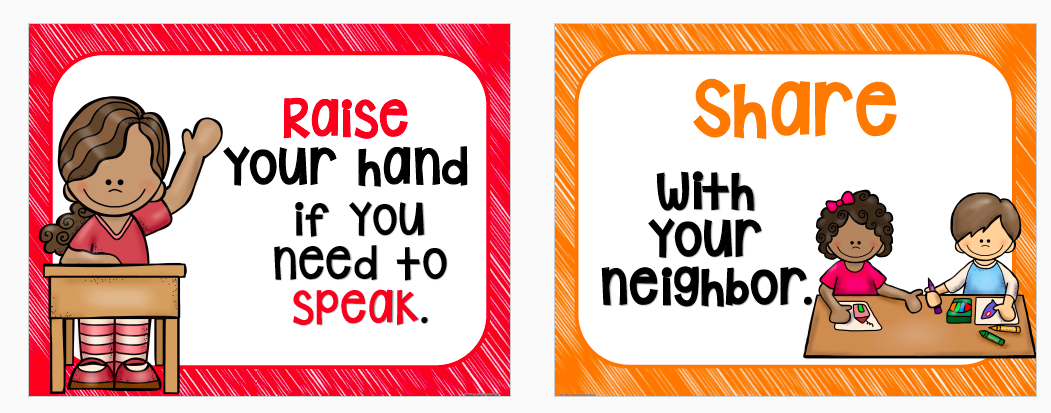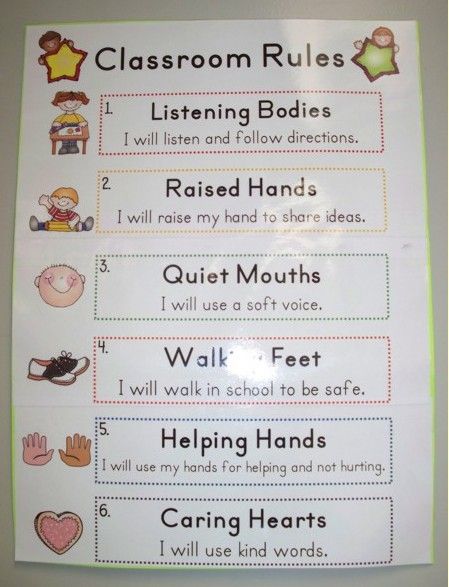How to entertain an only child
9 Activities To Keep Only Children Entertained and Connected
Every parent is struggling to keep their kids busy during this pandemic, but those with only children have the added challenge of often being their child’s only playmate. Without any brothers or sisters to rely on for a quick game of catch or even some good old-fashioned sibling rivalry to keep them busy, parents of only children are left scrambling to keep their offspring both entertained and connected. Being an only child right now can also be a real downer for some kids, especially those whose relationships at school, for example, were the primary source of their peer-to-peer socialization.
If this is your family right now, you’ve probably exhausted board games, bike rides, and Netflix binges, which means the following nine ideas designed to keep only children entertained may come in handy.
Show them old family photos.
Kids love seeing pictures of you from before they were born, but even seeing pictures of themselves as babies will likely pique their interest. Plus, it’s kind of fun to take a trip down memory lane once in a while. If you’ve got them handy, show them old-school photos of you and your friends — you know, the ones where you’re rocking those ‘80s rubber bracelets and ‘90s scrunchies. If nothing else it will get you both giggling for a bit and likely open the door to all kinds of conversations and discoveries about Mom and Dad.
Use chalk to spread happiness throughout your neighborhood.
One mom on Facebook inspired us with her idea to use chalk to spread well wishes throughout her family’s community with sweet messages and pictures drawn on the sidewalk. She and her son did just that recently and had an outpouring of gratitude from their neighbors, solidifying connections even from afar. This also shows kids that even during dark moments you can find small ways to spread joy.
Start a YouTube channel.The platform itself has videos that teach you everything you need to know, and generally speaking, understanding the platform better may not be a bad idea given the sheer number of kids who turn to it daily.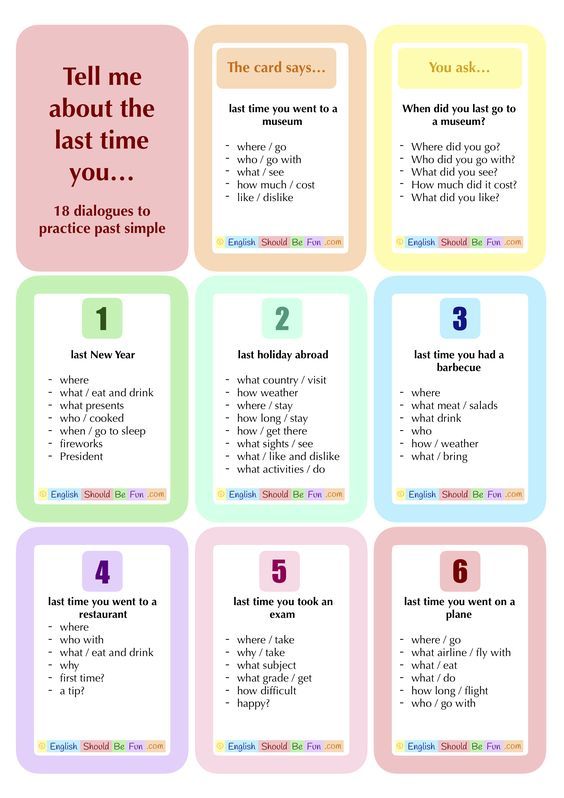 With no sign of YouTube going anywhere, you might as well engage with it alongside your child so you can see for yourself what’s on the platform, then work together to create fun content that’s both entertaining and age-appropriate. It’s a great opportunity to talk about proper social media conduct, too. Find a skill or talent that your child has — maybe they’re the family funnyman, always ready with a good joke, or a great artist-in-the-making — and share it with the world.
With no sign of YouTube going anywhere, you might as well engage with it alongside your child so you can see for yourself what’s on the platform, then work together to create fun content that’s both entertaining and age-appropriate. It’s a great opportunity to talk about proper social media conduct, too. Find a skill or talent that your child has — maybe they’re the family funnyman, always ready with a good joke, or a great artist-in-the-making — and share it with the world.
Make a movie.
The beauty of smartphones is that most of us have pretty sophisticated video capabilities at our fingertips. Dive right in and write a story together that you’d like to bring to life, assign roles to different family members, perhaps even work on costumes based on what’s in your closets, then…action! Just start filming. Once your film wraps, host a family movie night where you all watch together, then share it with friends and family via email or Zoom. The endeavor will get kids’ creative juices flowing and provide something tangible that you can all look back on as a reminder of this time.
If video isn’t their thing, or if they need a wider cast of characters than they can find at home, they can try a free app like Google’s Toontastic 3D. The program lets your child tell their story through 3D cartoons, and it’s amazingly easy. They can use pre-made characters and backgrounds, draw their own, or use photos to create an adventure, funny newscast, a science report, or any other tale from their imagination.
Write a letter—or two or three.Ahh, the lost art of letter writing. One mom told us she made a list of people that her daughter could write letters to, and she loved it. “She even received a letter or two back,” she said. “It motivates her and there’s no rush to write all the letters at once.” You can try making it an altruistic activity and have them write letters to frontline workers, or ask them to choose a friend or family member, perhaps one that lives far away, and get a pen pal situation up and running. Depending on the age of your child, this can also be a sneaky way to get them to practice spelling, punctuation, and writing in general.
This was a Facebook mom’s suggestion and we thought it was brilliant! We’re always so concerned about passing knowledge to our kids, but you’d be surprised how many things they might be able to show you for a change. Whether it’s how to play Minecraft or how to make a paper airplane, tell your kiddo they’re in charge of teaching for a change and see what happens. The twist will likely delight your child, add a breath of fresh air to your same old games and activities, and help you bond even more. Oh, and you might actually learn something, too.
Make a family tree.Include lots of fun details about each family member, or interview them in a virtual online chat to find out more. This is a great activity that helps kids feel connected to the family unit and understand their place in it while prompting discoveries about who they are and where they come from. Kids who create family trees also tend to feel confident that they’re part of something bigger than themselves, secure in the fact that there are myriad people who will always have their back—something we could all use more of in these often stressful times.
Don matching aprons if you’ve got ‘em, do a quick Google search for a favorite dish and cook alongside your kiddo while you watch a video explaining what to do. There’s no shortage of quality videos out there about cooking with kids. If you need to shop for the essentials, that will add to your time together, keeping you busy for a while longer.
There are tons of benefits to cooking with kids that extend beyond the obvious. For example, kids are more likely to eat foods they make themselves, so it’s a good way to introduce new, perhaps healthy food options. Plus, exposing them to cooking has been known to help develop a more mature palate, so they won’t always be asking you for French fries. The earlier they learn to cook, the sooner they’ll pick up one of life’s essential skills, too. All that cooking together adds up to a whole lot of quality family time! The New York Times pulled together a collection of more than 50 videos and recipes called Quarantine Cooking With Kids that’s filled with yummy dishes most kids like. Or, if you prefer, take the opportunity to teach them how to make a traditional family favorite, or pull in grandparents or other loved ones via Facetime or Zoom to teach you both how to recreate their best dishes.
Or, if you prefer, take the opportunity to teach them how to make a traditional family favorite, or pull in grandparents or other loved ones via Facetime or Zoom to teach you both how to recreate their best dishes.
One mom shared this fun rundown of items you can easily find outside, with specific amounts or colors for each item as guidelines to keep kids on their toes. Copy hers or make your own, depending on what your child is likely to find where you live. The activity will not only get them outside in the fresh air, it will likely help them appreciate nature a little bit more, too.
This quarantine has been hard on most kids across the world, but with activities like these they can still feel connected to friends and family and stay happily entertained—whether they have siblings to play with or not.
View this post on Instagram
A post shared by ParentsTogether (@parentstogether)
Dealing with school closures, childcare issues, or other challenges related to coronavirus? Find support, advice, activities to keep kids entertained, learning opportunities and more in our Coronavirus Parents: Parenting in a Pandemic Facebook Group.
For ongoing updates on coronavirus-related issues and questions that impact children and families, please find additional resources here.
Want more like this?
Join us on Facebook Messenger for great parenting news and support, sent right to your Messenger inbox. Sign up now to receive quick, concise parenting news on child health, development, behavior, and learning. Plus, stay up to date on all the issues affecting our kids and families.
Get started
5 Ways to Entertain an Only Child
With summer kicking off in full force, plenty of kids are anxious as ever to find something that will occupy their free time. While some kids have siblings to blow off steam, others might only have themselves and their parents to spend the day with. Need help finding some ways to entertain your only child? Here are some useful tips to keep an only child occupied.
Arts and Crafts
Spending some time with your child while you both take part in some arts and crafts is an easy and fun way to entertain your only child.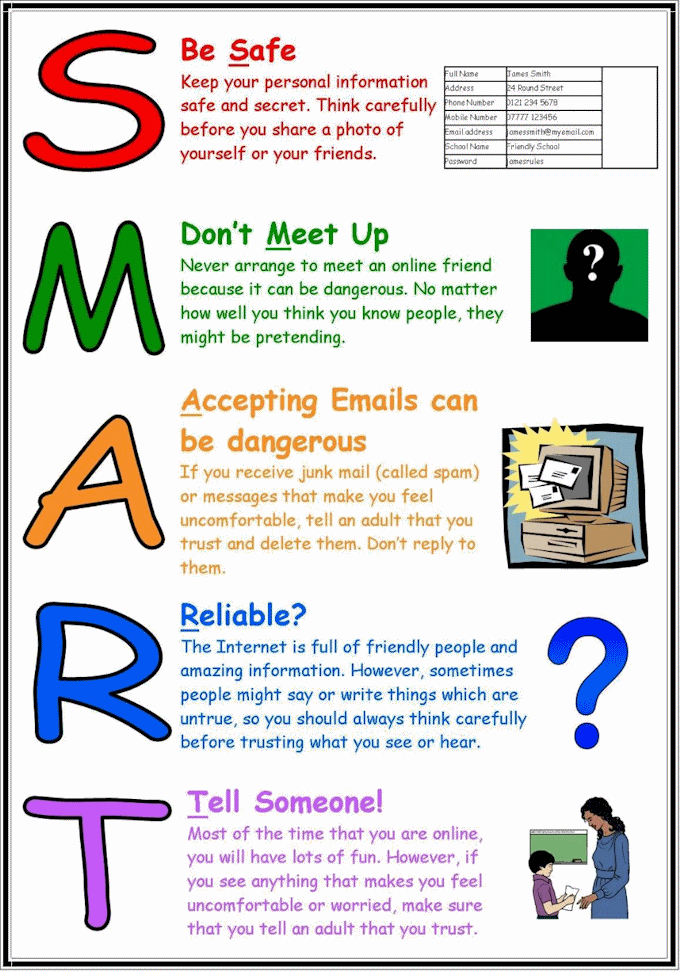 From finger painting to its less-messy counterpart, coloring with crayons, allowing your child to take some time to get creative while also having fun with different mediums is a great way to keep your child’s attention captivated, whether it’s for a few hours or a few minutes. And this activity can even be taken outside! If you wish to get your child some vitamin D, drawing with sidewalk chalk is a great way to get some sun and have fun!
From finger painting to its less-messy counterpart, coloring with crayons, allowing your child to take some time to get creative while also having fun with different mediums is a great way to keep your child’s attention captivated, whether it’s for a few hours or a few minutes. And this activity can even be taken outside! If you wish to get your child some vitamin D, drawing with sidewalk chalk is a great way to get some sun and have fun!
Watch a Movie
Sometimes keeping your child occupied takes up too much time if you have work to do around the house or if you work from home. Putting on a movie can keep your child’s attention while you complete your list of chores for the day, at least for the duration of the film. This activity also works for all ages, from toddlers to teens. Action or comedy movies are good genres to keep a child’s attention, as they are full of jokes and/or eye-catching sequences that can hold your attention throughout the whole time and they aren’t overly long to the point where you get bored. Watching a movie is a great way to keep your only child entertained and allow you to get some work done (or some time to sit back and relax)!
Watching a movie is a great way to keep your only child entertained and allow you to get some work done (or some time to sit back and relax)!
Do a Puzzle
Completing a puzzle or other types of challenging mind games is another great way to keep your only child occupied. Giving an activity that gets their mind working is a great way to teach your child how to think critically and limits their time being exposed to technology, like smartphones and tablets. Allow your only child to put their wits to the test with a fun puzzle or toys like LEGOs that give kids the chance to exercise their brain. Only children tend to enjoy time to themselves, and these kinds of activities are perfect for those who like working independently!
Play Make-Believe Games with Them
Another way to keep your only child entertained is to play make-believe games with them! While children with siblings would usually play games like “house” or “dolls” with their brothers and sisters, only children often have to make do with just themselves.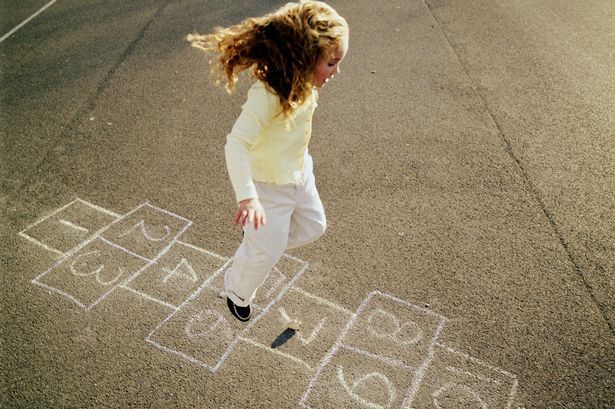 Joining in on the fun is a great way to let your child’s creative energy flow and allow them to expel their bubbly spirits, just like they would with a sibling around. Plenty of children love to play games of make-believe, and they can be the perfect way to keep a child entertained for hours!
Joining in on the fun is a great way to let your child’s creative energy flow and allow them to expel their bubbly spirits, just like they would with a sibling around. Plenty of children love to play games of make-believe, and they can be the perfect way to keep a child entertained for hours!
Take Them to a Park
And last, but not least, try taking your child to a park! Getting them outside and moving is great for their physical and mental health, and allows them to make friends with other kids. Since only children spend a lot of time by themselves, taking them to a park surrounds them with other children, building up their social skills and gives them the opportunity to connect with other kids their age. Spending time outdoors is a great way to keep a child entertained, especially at a playground, which are specifically designed to let kids have fun and keep them occupied. Letting kids spend time outside is good for their general wellbeing too, giving them a break from being cooped up inside and giving them access to plenty of vitamin D!
Keeping an only child entertained in the summertime can be difficult and can tend to feel like a full-time job.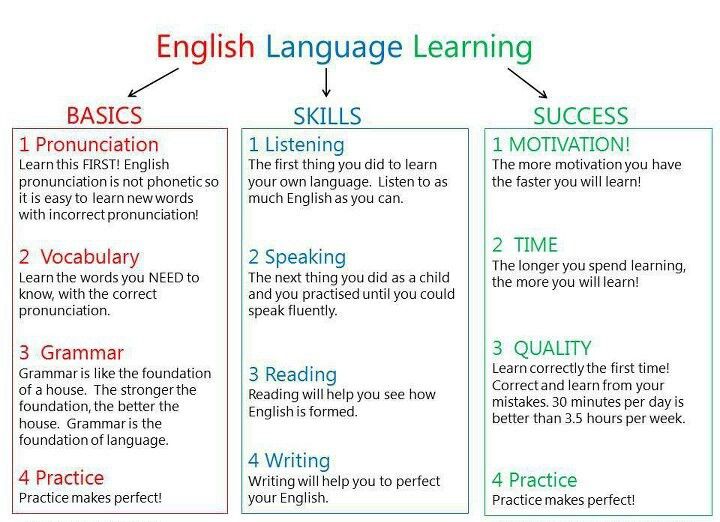 Hopefully with these suggestions, your only child will start to feel less bored and will allow both you and your child a little fun in the summer sun!
Hopefully with these suggestions, your only child will start to feel less bored and will allow both you and your child a little fun in the summer sun!
The only child in the family | Secrets of education
It has always been believed that if a child is the only one in the family, it means that he must be spoiled. But is this true, and what rules in education should be followed to prevent this from happening?
Of course, one cannot deny the fact that children who do not have brothers and sisters always get more attention and care from their parents and grandparents. They don't know what it's like to share their favorite toy with someone else, give up their bed or blanket to another little person, and keep the tastiest piece of cake not for themselves.
All love, all free time is devoted only to them. Children get used to this attitude very quickly and begin to think that the world revolves only around them. And here it is up to the parents to decide whether to support this idea further or try to dissuade the child of their own significance.
Contents
- How to organize leisure time for a child?
- Raising an only child in a family
- Differences in raising children in families with one child and several children
How to organize leisure time for a child?
Many mothers complain that with the advent of a child they do not have any free time for themselves. It shouldn't be like that. You should always make time for yourself. It is very good if the mother has some kind of hobby or favorite activity that allows her not to get hung up on the child. And a son or daughter, looking at mom or dad, understands that the world does not revolve only around them and parents have their own interests and hobbies. Children love to imitate adults and perhaps they will also have some interesting hobbies.
When a child is brought up alone in a family, he is practically left to himself all his free time, because mom and dad cannot entertain him and play with him every hour. So that the child does not get bored alone, find something for him to do to his liking.
Watch him and ask him what he would like to do. Develop your child's creativity and talents. For example, if he is good at drawing, he is assiduous and can calmly sit for several hours modeling, give it to a developing circle of drawing or modeling. If your fidget is very active and does not sit still for a minute, sign up for dancing or a sports section. And if a child shows acting talent and a love for performing on stage, then a theater group will suit you the most. By communicating with peers, the child will learn to compare himself with other children, he will have his own friends and interests. He will become more open and sociable.
Raising an only child in a family
What rules should be observed in upbringing so that the child does not suffer from a lack of communication with peers? First of all, you need to teach him to be open to the outside world. To do this, the parents themselves must provide him with maximum communication and freedom in the knowledge of the people and events around him. For example, while walking in the park, do not forbid your child to explore the various inhabitants of flora and fauna. Let him look at insects and birds. And be sure to meet and chat with other kids playing in the neighborhood.
For example, while walking in the park, do not forbid your child to explore the various inhabitants of flora and fauna. Let him look at insects and birds. And be sure to meet and chat with other kids playing in the neighborhood.
Try to invite your child's friends over as often as possible. Of course, they cannot fully replace brothers and sisters, but friendly communication also performs an important function for the social development of children. They learn to share toys, exchange their ideas and experiences. If your child does not have many friends yet, invite cousins and sisters, classmates, children from the kindergarten group.
Get your child interested in some kind of developmental circle or sports section. Tell them that it's a lot of fun there, the guys come to learn something new. Surely your child will find new friends among them.
When one child is brought up in a family, parents often begin to show too much care and guardianship over him. They are very worried and worried about how he got home, how he got a job in a new team, whether he has the right friends. Of course, all these worries are not in vain, and there is no escape from them. But make sure that your love and care does not grow into overprotectiveness. Otherwise, the child will have a hard time in adulthood. Fearing that outside the family he will not be loved and respected as much, he will not be able to fully realize himself in various groups as an independent person.
Of course, all these worries are not in vain, and there is no escape from them. But make sure that your love and care does not grow into overprotectiveness. Otherwise, the child will have a hard time in adulthood. Fearing that outside the family he will not be loved and respected as much, he will not be able to fully realize himself in various groups as an independent person.
Differences in the upbringing of children in families with one child and several children
The only children in the family who are accustomed to attention from adults only to themselves, get used to large groups, for example, at school or in the garden, longer than others. After all, they expect from the educator or teacher the same attitude towards themselves as from their parents. That is, that more attention will be paid to them, and that they will be distinguished from other children. When this does not happen, the child becomes uncomfortable and uncomfortable in such a team, where attention is distributed evenly between children. This gives the child a sense of competition.
This gives the child a sense of competition.
Unlike those children who were brought up in a family with brothers and sisters. On the contrary, their relations are formed on the basis of cooperation. This model of behavior is often transferred into adulthood, when, being in a team, a person builds his communication in terms of competition, not cooperation.
Also, a child who has grown up in a family with several children has an advantage in terms of independence and the ability to compare himself with other peers. Parents with one child undoubtedly have more free time than parents with multiple children. Accordingly, they devote all this time to one child and often help him with such tasks that he could handle on his own.
By overprotecting our child, we do him a disservice. After all, for example, when we still help a child at the age of 5 to get dressed or often collect scattered toys for him, we thus pamper him. Not allowing him to develop his responsibility for himself and independence.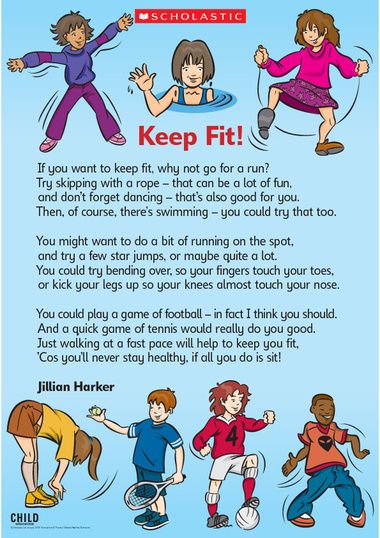 While children who grew up with brothers and sisters very quickly become adults and independent. Because older children who have a younger brother and sister are simply forced to serve themselves more, due to lack of time for parents. And the younger ones, in turn, also quickly become independent. Parents, as a rule, no longer exercise such control over him as over the first child and give him more freedom.
While children who grew up with brothers and sisters very quickly become adults and independent. Because older children who have a younger brother and sister are simply forced to serve themselves more, due to lack of time for parents. And the younger ones, in turn, also quickly become independent. Parents, as a rule, no longer exercise such control over him as over the first child and give him more freedom.
Growing up as an only child in a family, you do not need to defend your opinion and your interests, parents always listen only to you, and your preferences are taken into account unquestioningly. While children in large families from childhood develop the skills to express their ideas and learn to respect the opinions of others, which is important in adulthood. The ability to control their emotions and trust each other helps such children become more emotionally secure.
It is important not to focus only on raising a child and not accustom him to the idea that your life is completely enlightened to him. Try to take care of your only child in moderation so that in the future this will not bring him any inconvenience. After all, if he himself gets very used to your care, it will be difficult for him to build his personal life. There are many sad examples from life about sissies or about girls who cannot trust another person, someone other than their parents. Thus, they are not prepared for independent living.
Try to take care of your only child in moderation so that in the future this will not bring him any inconvenience. After all, if he himself gets very used to your care, it will be difficult for him to build his personal life. There are many sad examples from life about sissies or about girls who cannot trust another person, someone other than their parents. Thus, they are not prepared for independent living.
Regardless of whether your child has brothers and sisters, the main thing is always to listen to him, respect his interests and support him. Cultivate in him a desire to be open and sociable, develop social relationship skills.
Among the people who grew up as only children in the family, there are many very talented and outstanding people. They are even more responsible, more developed and more sensitive to people than those who grew up in families with several children. It all depends on the person himself, his character, but education also plays a huge role in the formation of personality.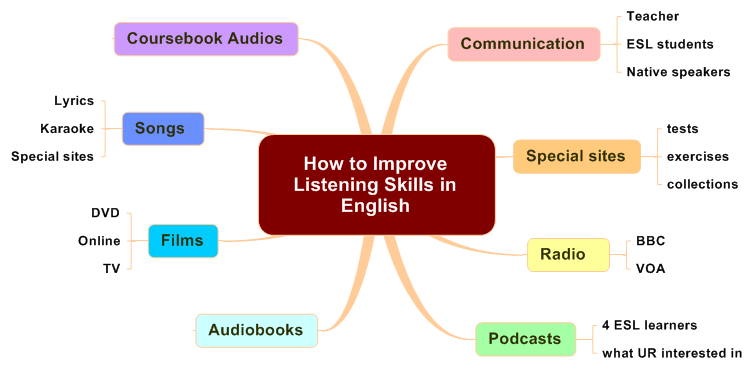 For any child, regardless of age, it is very important that parents understand and always support him, without violating personal boundaries and interests.
For any child, regardless of age, it is very important that parents understand and always support him, without violating personal boundaries and interests.
possible problems - Child development
Let's be honest: it is much easier for parents to have one child than two or more. Of course, many parents who have one child complain that they have a hard time because they have to entertain the child and come up with activities for him, but this is perhaps the biggest drawback in such a situation.
In fact, if there is only one child in a family, he is more subject to parental control. When there are two or more children in a family, they can act together, and then it becomes more difficult for parents to control them.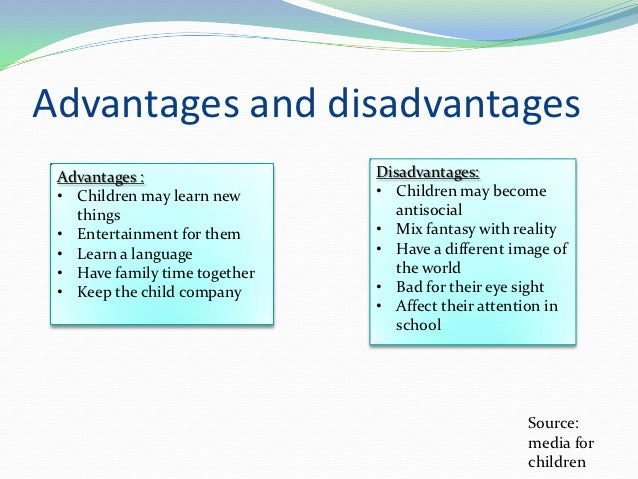 Finally, there is only one little person in the family who screams, cries and throws tantrums. Many parents will agree that this is just wonderful.
Finally, there is only one little person in the family who screams, cries and throws tantrums. Many parents will agree that this is just wonderful.
Being an only child means being in the center of attention and feeling the love of your parents alone. Such children do not need to share toys with brothers or sisters or negotiate with them what dish mom will cook for dinner. But sometimes there are some downsides to being an only child.
Everything that the child wants is presented to him "on a plate"
The only children in the family are often spoiled. This prevents them from becoming independent and responsible. For example, your parents buy you a new computer game just because your classmate's parents bought the same one. The harm of indulging the child's desires manifests itself through the years, and all this time the child expects the parents to provide for all his slightest needs.
If a child has no brothers and sisters, he socializes more slowly. But in the end, kids who can play with someone else are happier. If a child has a brother or sister (whether older or younger), this means that he has someone to share his thoughts and feelings with. Therefore, sometimes the only children in the family feel lonely.
But in the end, kids who can play with someone else are happier. If a child has a brother or sister (whether older or younger), this means that he has someone to share his thoughts and feelings with. Therefore, sometimes the only children in the family feel lonely.
The only child in the family is constantly under the supervision of parents
If there is only one child in the family, he often experiences pressure from his parents who expect high school performance, an active social life, etc. Such pressure does not always manifest itself directly, but the child may feel it in the form of hidden messages before exams or public events. Parents tend to overprotect their only child and show excessive attention to him.
The child acts as a judge in parental conflicts
When parents with only one child quarrel, they usually involve the child as a judge.
When a child moves away from his parents, he often feels guilty
Parents remember the child from the moment when his diapers were changed to the present moment, when the child has grown up and leaves them.
